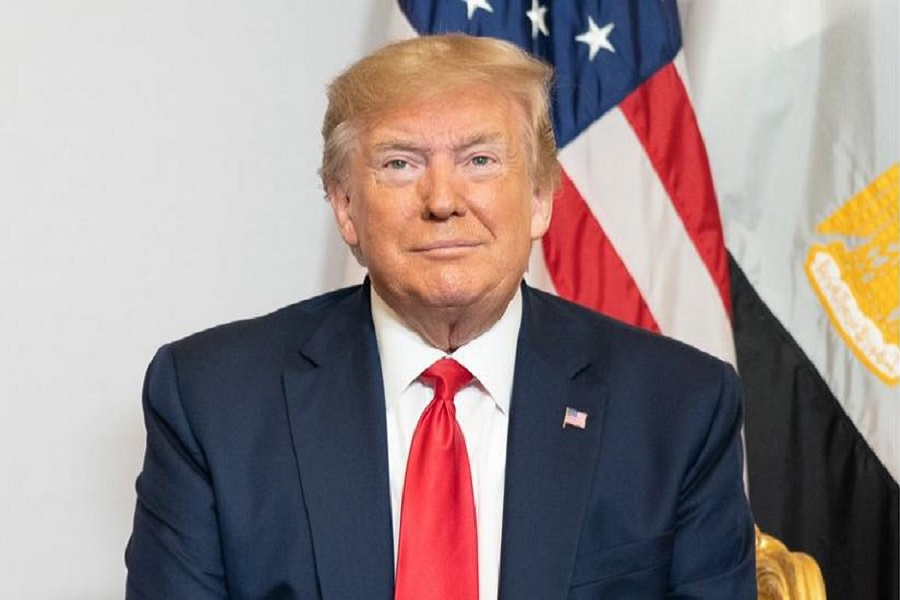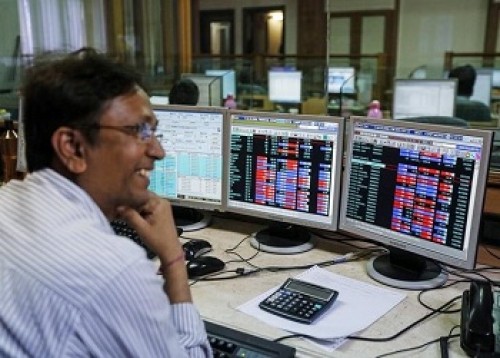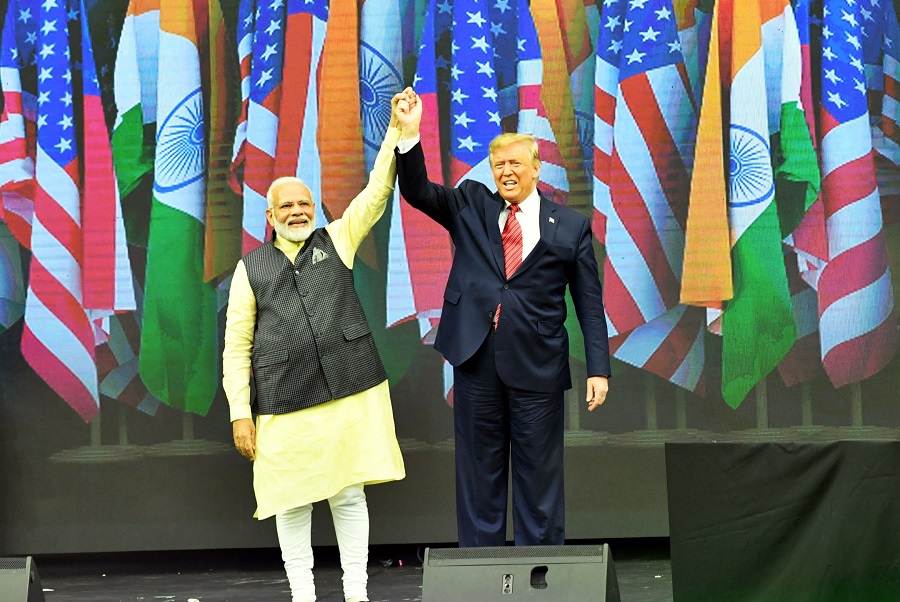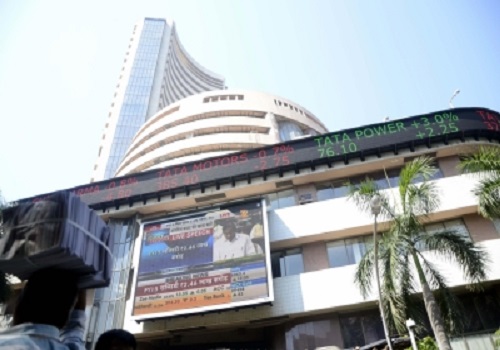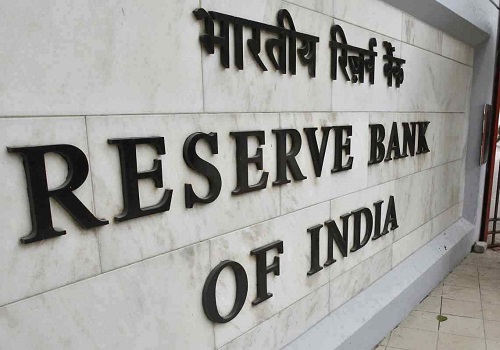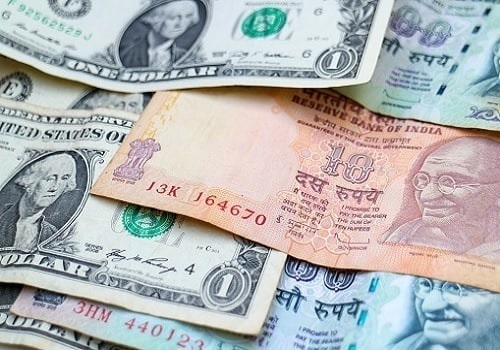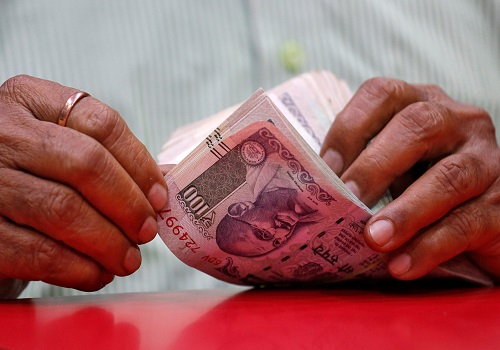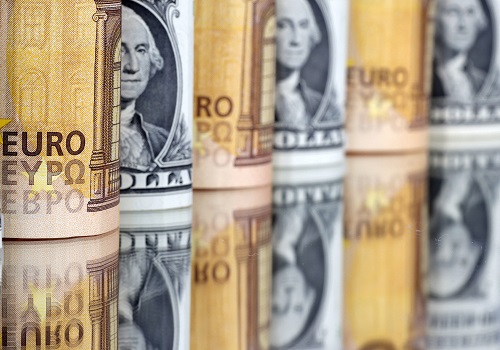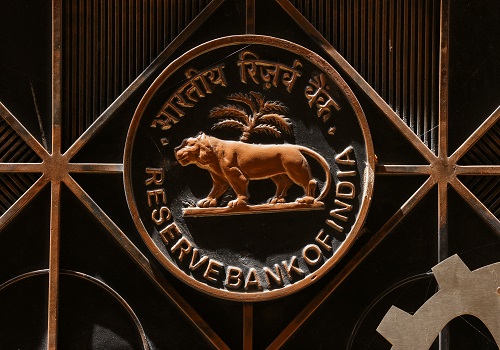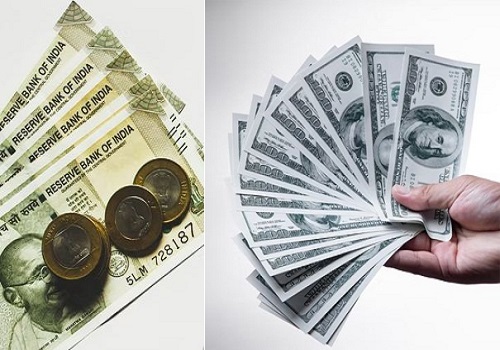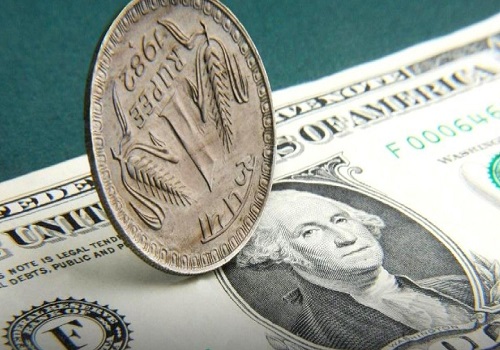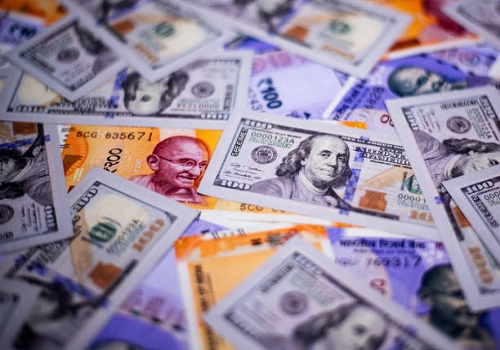Dollar set for weekly gain following mixed jobs data
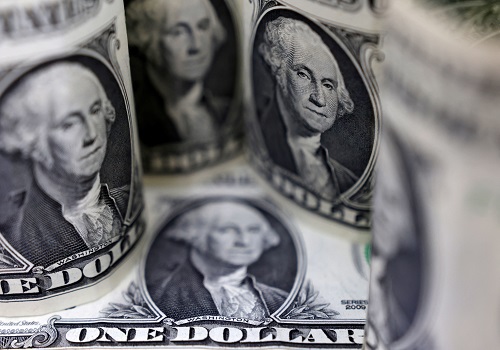
Follow us Now on Telegram ! Get daily 10 - 12 important updates on Business, Finance and Investment. Join our Telegram Channel
The dollar eased from a 20-year high on Friday after data showed the pace of U.S. hiring rose more than expected in August, but wage growth moderated and unemployment ticked higher, giving the Federal Reserve some wiggle room when it raises interest rates later this month.
The U.S. economy added 315,000 jobs in August, data showed, topping the consensus forecast of 300,000 jobs by economists polled by Reuters, and marking the 20th straight month of job growth.
The dollar index, which tracks the currency against six counterparts, zig-zagged following the report, in thin trading ahead of the long North American Labor Day weekend.
At 3:00 p.m. Eastern time (1900 GMT), the U.S. currency was down 0.064% at 109.52, but was still up 0.6% for the week and set for its third-straight weekly gain.
"Nonfarm payrolls being mixed was an excuse to book profit in the dollar's surge to 20-year highs," said Joe Manimbo, senior market analyst at Convera.
The U.S. currency leaped to its strongest level since June 2002 on Thursday, 109.99, and has been riding high since Fed Chair Jerome Powell said at the Jackson Hole symposium in Wyoming last Friday that rates would need to be high "for some time" to combat stubbornly high inflation.
"Overall what we're seeing is the market is still bracing for potentially much more aggressive Fed tightening," said Edward Moya, senior market analyst at Oanda.
Fed funds futures were unchanged after the jobs report and are pricing a 75% chance that the Fed hikes rates by 75 basis points this month, according to Refinitiv data.
The euro was up 0.21%, retracing some of the previous day's losses against the dollar, but sitting below parity at $0.9965.
The European Central Bank is due to meet next week, with money markets betting on an unprecedented 75 basis point hike.
Sterling dipped 0.24% versus the dollar to $1.1516, on track to end the week down around 1.9%. Britain's new prime minister will be announced on Monday, when the ruling Conservative Party's leadership contest concludes, which could prompt further pound moves.
Against the rate-sensitive Japanese yen, the dollar was up 0.04% at 140.125 yen.
The dollar surged above 140 yen for the first time since 1998 on Thursday.
Japan's government will take "appropriate" action as needed, Japanese finance minister Shun Suzuki said on Friday.






